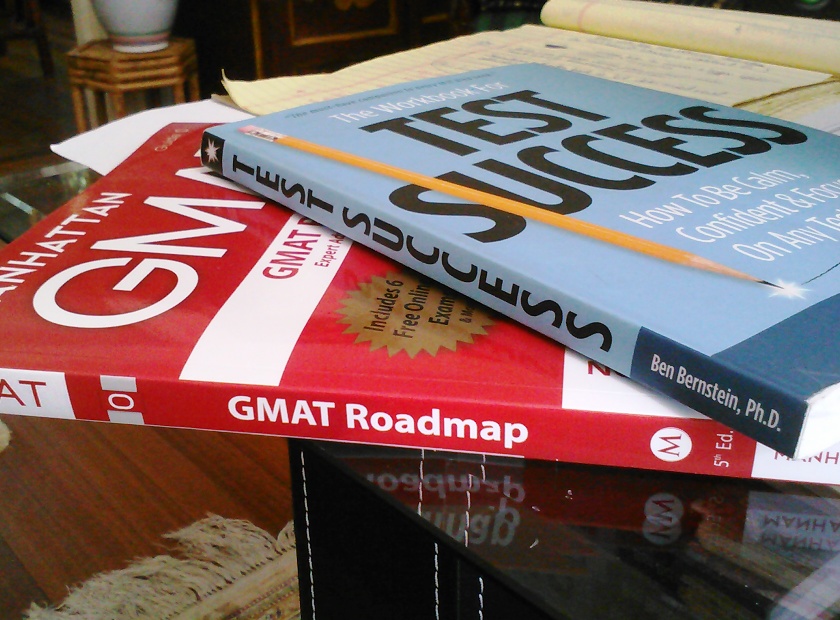How Focused Do I Have to Be In My Career Goals?
Over at Wall Street Oasis, I’ve been running a Q&A forum, answering all kinds of questions from specific application tips, to queries about career goals. Yesterday, I received and answered a question on career focus that seems pretty typical, so I thought I would repost it here.
Q: I am going to business school in order to alter my career path, and believe I want to end up in the financial services/investment management  industry. However, I am not 100% committed, and intend to explore other possible industries/roles. Is it okay to admit that I have not planned out my exact post-MBA path in the essays? Thanks!
industry. However, I am not 100% committed, and intend to explore other possible industries/roles. Is it okay to admit that I have not planned out my exact post-MBA path in the essays? Thanks!
A: Let me tell you that you are thinking about it exactly the right way. It helps a lot when you are writing applications to be able to envision a future in a specific career. It helps you wrap your brain around the idea of what you want to be when you grow up, or even what you want to do REALLY. Harvard used to have a question, long since discarded, about your “career vision” and I like that.
The reality is that careers are fluid, and every business school worth its ranking in the top 10 will tell you that students change their minds about careers all the time. That’s because you are bumping into such great new ideas about yourself and about what’s out there that it’s impossible to march forward as if you had blinders on. In fact, a business school would be doing itself a disservice if it encouraged you to stick with the plan.
The other thing is that industries and functions change all the time. If you like financial services because that’s been your background, great, but we all know that it’s very fluid — remember the job market in 2009? But it’s also somewhat flexible. You could change functions within the industry, or use your financial skills in another industry, or you could go abroad, or you could invent something new. Or you could work for someone who invented something new (Sofi.com?). Who really knows.
So see if you can imagine a path, and if it isn’t the one that works out, that’s ok. They don’t audit you. Promise.
Q: Should I believe you on the audit part?
A: OK, some schools do compare going-in goals with actual jobs landed (see the charts in these slides from Wharton)
But they don’t take your diploma away, if that’s what you are worried about. In all honestly, there are too many variables, including macro ones, that will influence your career choice upon graduation. Also, some might choose a career in consulting, say, in the short term, to get to somewhere else in the long term — there are many variables. You just don’t want to look clueless going in, at least on the surface.




